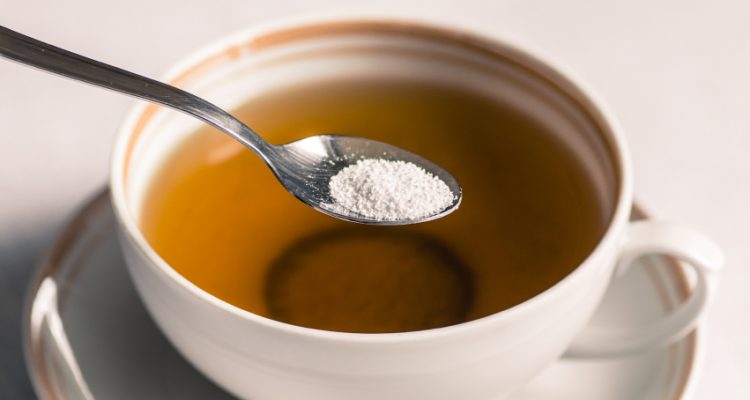
One of the issues with various studies that have been brought up here in the past is that often the results do not justify the hype they are given. A recently published piece by Toronto’s York University (in Canada) is another example of this—by not only spectacularly stretching an association between aspartame, BMI, and insulin resistance—it goes off the deep end and attempts claims the study in question doesn’t even cover.
Aspartame Consumption Study: Summary
- The study looked at 33, 994 people from the Third National Health and Nutrition Examination Survey, which was a national data collection done between 1988 and 1944
- Information from a 24 hour dietary recall survey was taken, along with BMI measurements, weight measurements, glucose tolerance, height, and relationships were mapped out
- Consumption of sucrose, fructose, aspartame, and saccharin was mapped out to see how it related to BMI and glucose tolerance
- In overweight or higher BMIs, higher aspartame consumption was associated with greater impairments in glucose tolerance
What does this mean? No idea. There is little evidence about artificial sweeteners and glucose intolerance but there also hasn’t been much research that corrects for certain metabolic complexities inherent in weight adjustment. An association based on one day of diet information is something, but not enough to do more than say hey, there might be more to this, someone should do a more detailed study later. This would be a perfectly fine outcome since the scientific body of knowledge is built on a framework of smaller studies like this that help guide the direction of later, larger research. The problem is when the PR machine gets involved.
Where York Dropped the Ball
Press releases for scientific studies get used a lot by journalists who can’t sift through the study itself for deadline, access, effort, or other reasons. This is why the level of hyperbole in them is always worth scrutinizing—today’s PR often ends up tomorrow’s headlines. Unfortunately, someone at York seems to have gotten carried away and has made a series of mistakes that are too blatant to be unintended. Here are the two more egregious examples:
- Sugar substitutes may cut calories, but don’t offer health benefits for individuals with obesity,: Associations with positive health signs were not measured by the study and were not covered. There is literally no evidence in the study to support the claim of aspartame or saccharin not having health benefits since such assessment is irrelevant to the researcher intent.
- The recent study suggests that bacteria in the gut may be able to break down artificial sweeteners, resulting in negative health effects,: The study does nothing of the sort. There is mention of some observed gut bacteria changes in mice but that is in the context of explaining current knowledge. At no point in the study is the idea of gut bacteria breaking down artificial sweeteners brought up.
Bottom Line
- The study itself is fine. Whether its findings are of use to other researchers is up to them to decide
- York University, however, goes beyond hyperbole and standard self-promotion to not only make the standard claims of trumped-up significance, but it also claims findings that never existed
Sources:
Kuk, J., et al., Aspartame intake is associated with greater glucose intolerance in individuals with obesity, Applied Physiology, Nutrition, and Metabolism, 2016, 10.1139/apnm-2015-0675.
Sugar substitutes may cut calories, but don’t offer health benefits for individuals with obesity: Yok U study, York University web site, May 24, 2016; http://news.yorku.ca/2016/05/24/sugar-substitutes-may-cut-calories-but-dont-offer-health-benefits-for-individuals-with-obesity-york-u-study/, last accessed May 26, 2016.













